News and Events for Policymakers
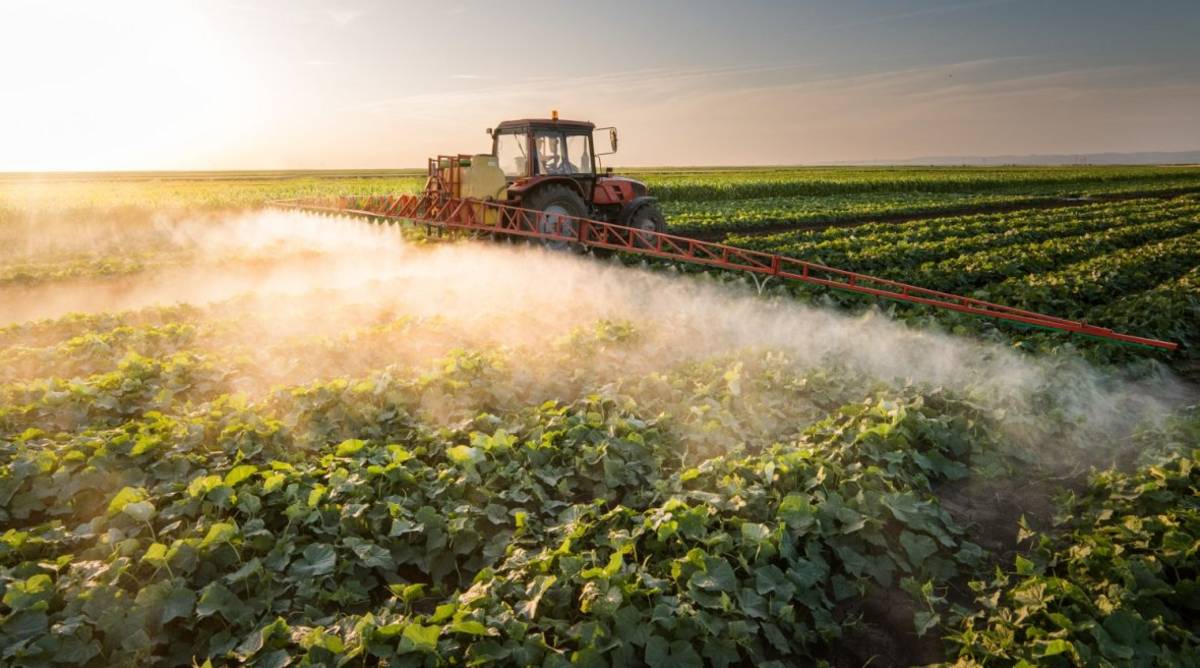
Cut pesticide use, but how?
The use of pesticides is heavily debated. On paper, it's possible to significantly reduce pesticide usage through clever interventions, but reality proves to be more challenging. Successful green innovation requires knowledge of plant cultivation,...
read more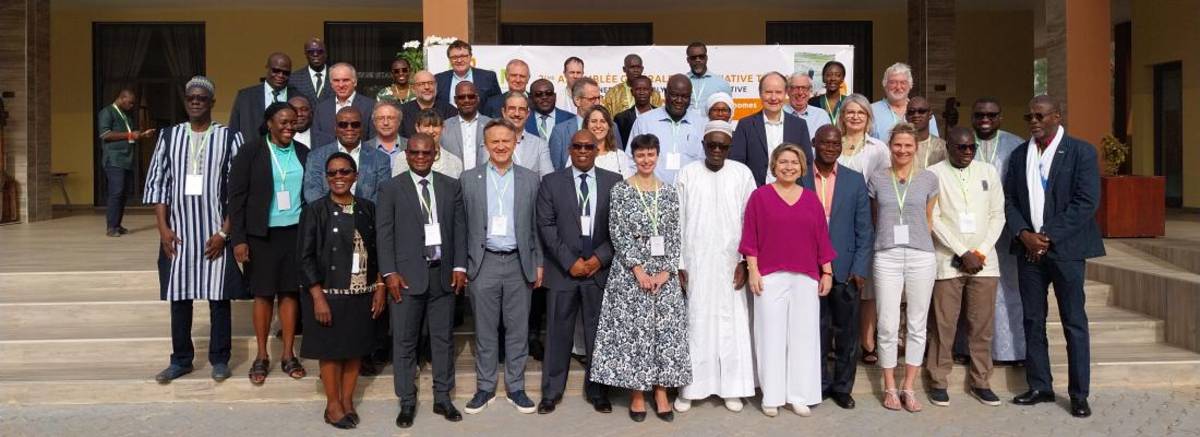
The TSARA initiative confirms its commitment to transforming agrifood systems through research and innovation in partnership with Africa
Launched in March 2022, the TSARA Initiative - Transforming Food Systems and Agriculture through Research in Partnership with Africa – including 22 members from African and French institutions across 14 different countries, held its second general...
read more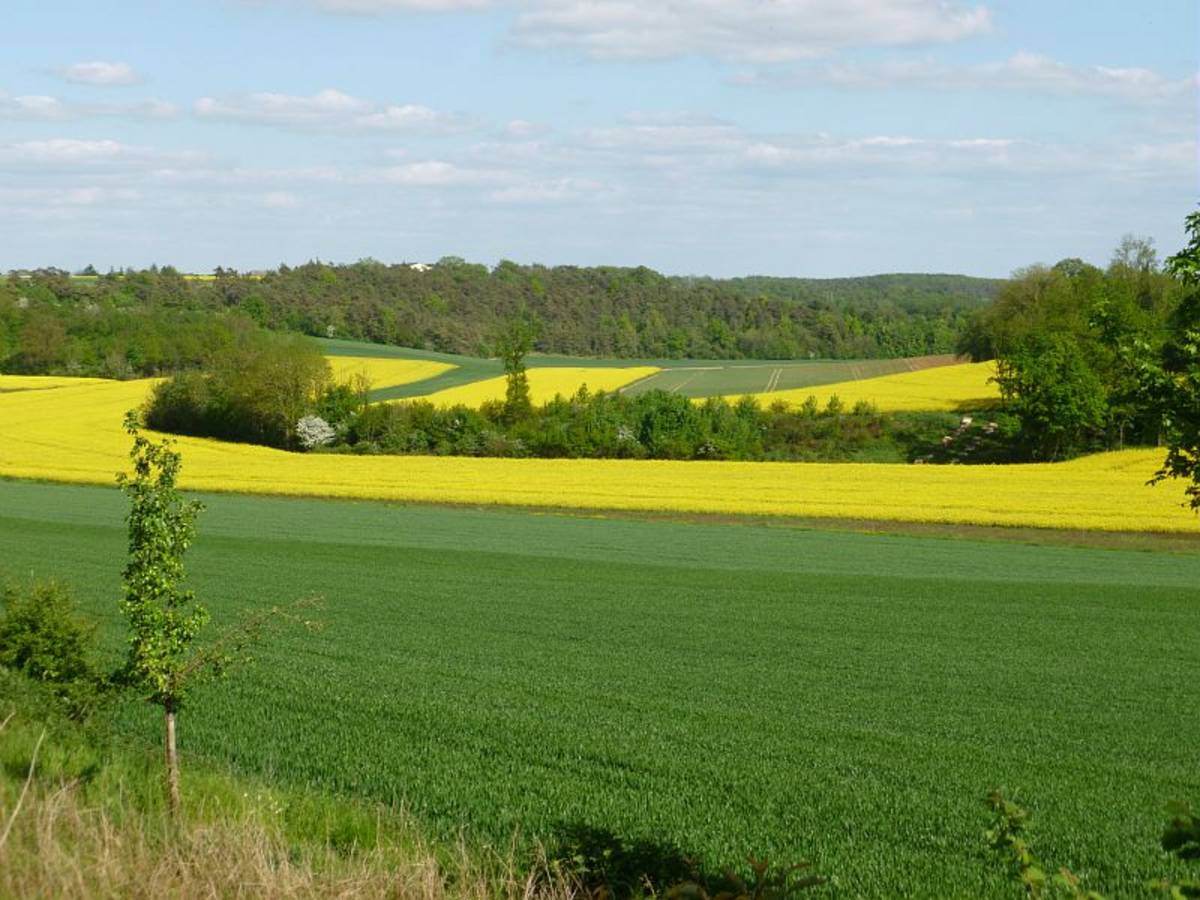
Impacts of the European Green Deal on the agrifood sector
Researchers at INRAE analysed the market and non-market impacts of the European Green Deal on the European agrifood system. Substantial positive impacts on the climate, the environment and public health require simultaneous action on agricultural...
read more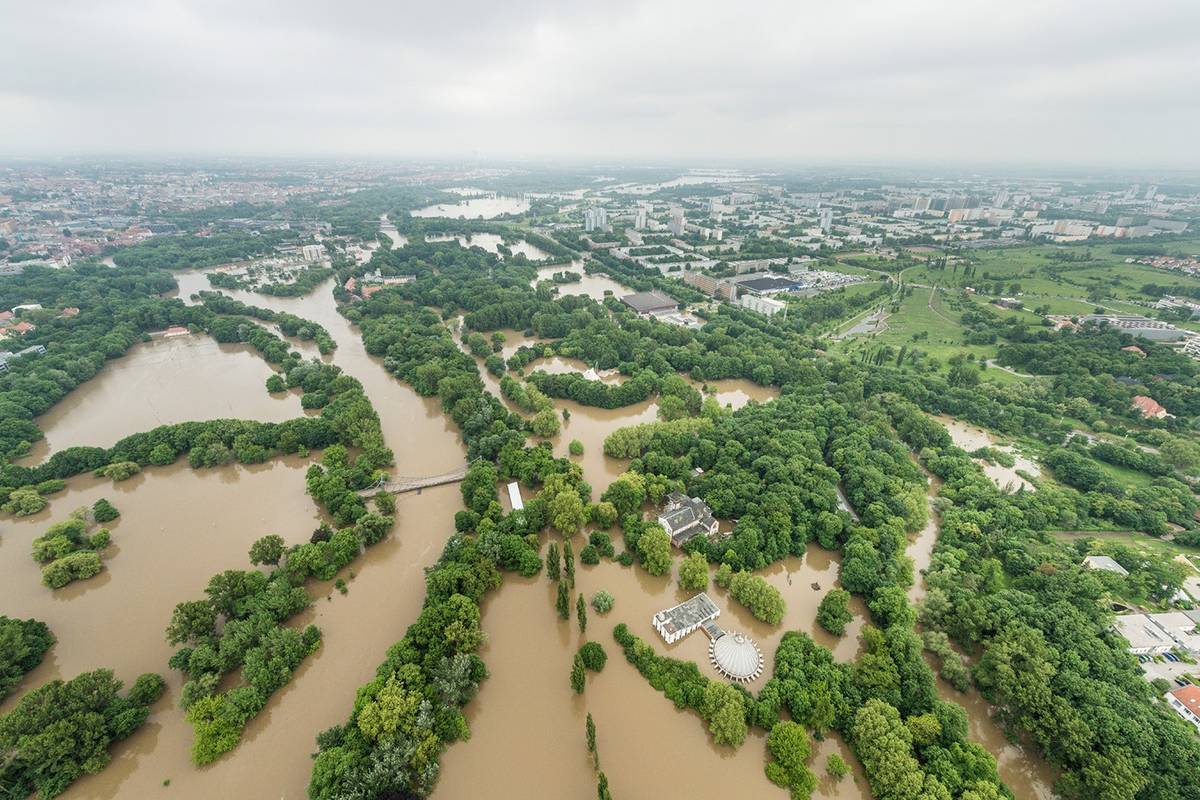
Land under water - what causes extreme flooding
According to UFZ researchers, the more flood driving factors there are, the more extreme a flood is.
read more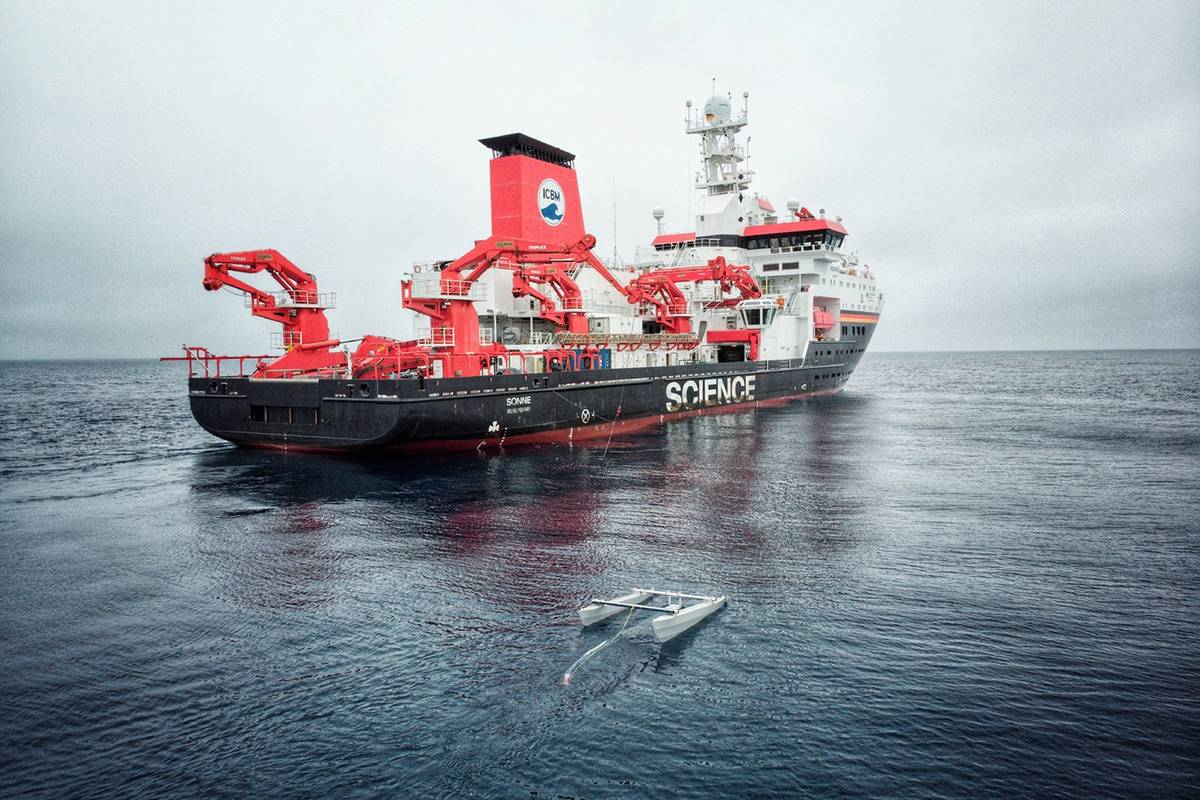
There are large accumulations of plastics in the ocean, even outside so-called garbage patch
When plastic ends up in the ocean, it gradually weathers and disintegrates into small particles. If marine animals ingest these particles, their health can be severely affected. Large accumulations of plastic can therefore disrupt the biological...
read more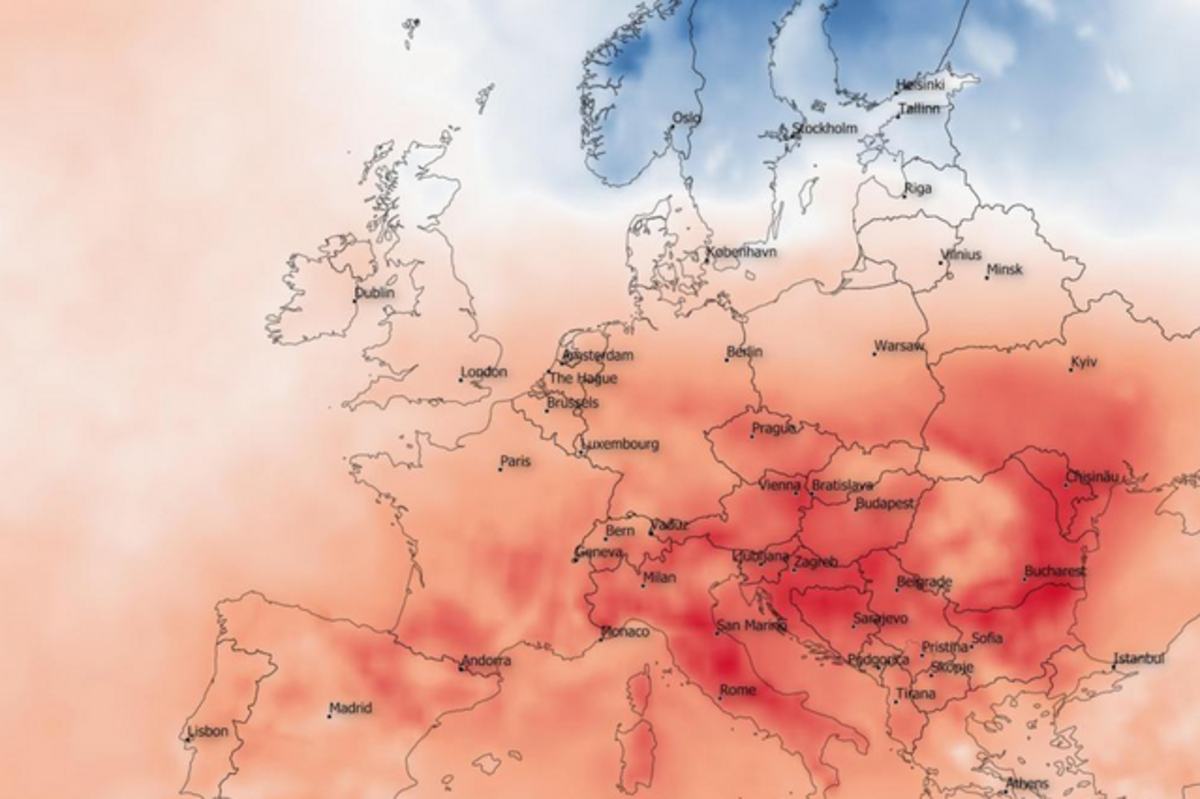
Climate-related financial risks are a major challenge
JRC scientists support the European Environment Agency in mapping out the climate risks that Europe needs to prepare for over the next decade, identifying financial risks as a particular concern.
read more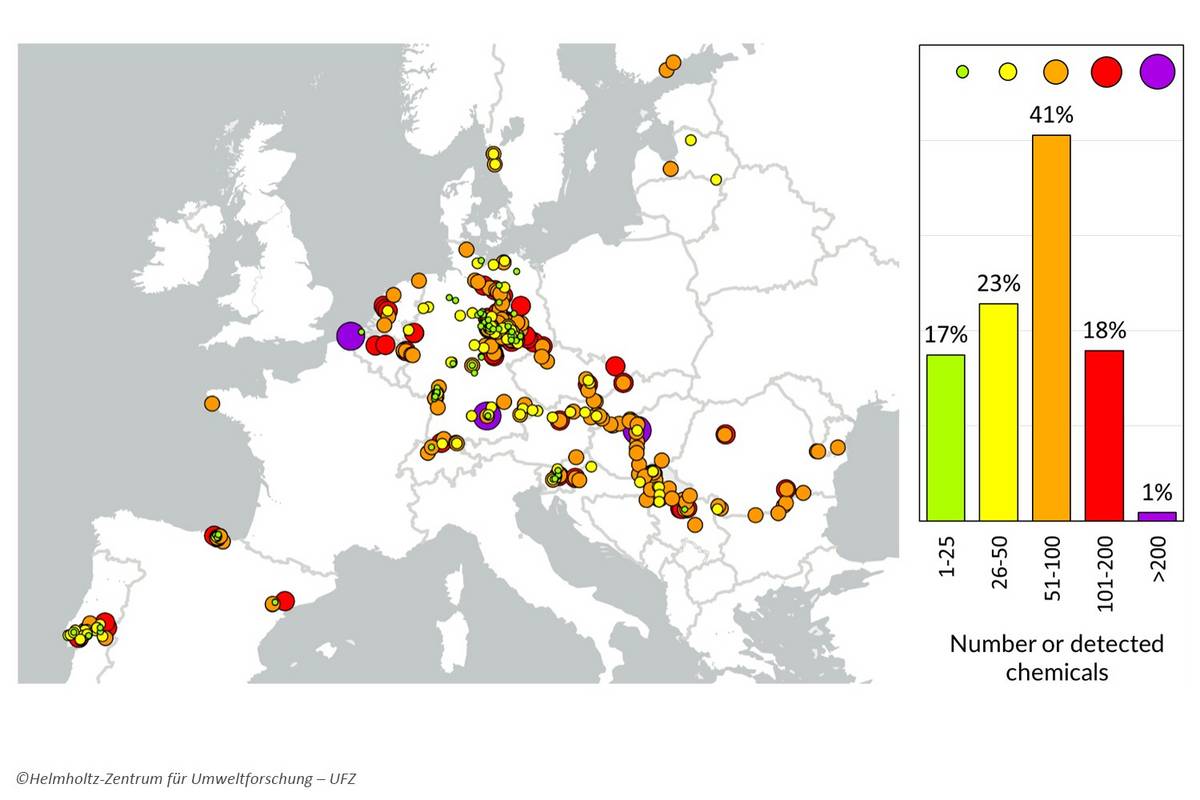
Mapping chemical footprints in European streams
It is well known that if chemicals from domestic sources enter water bodies via sewage treatment plants, agriculture, and industry, this can endanger freshwater ecosystems. In order to find out more about the pollution of European rivers, a research...
read more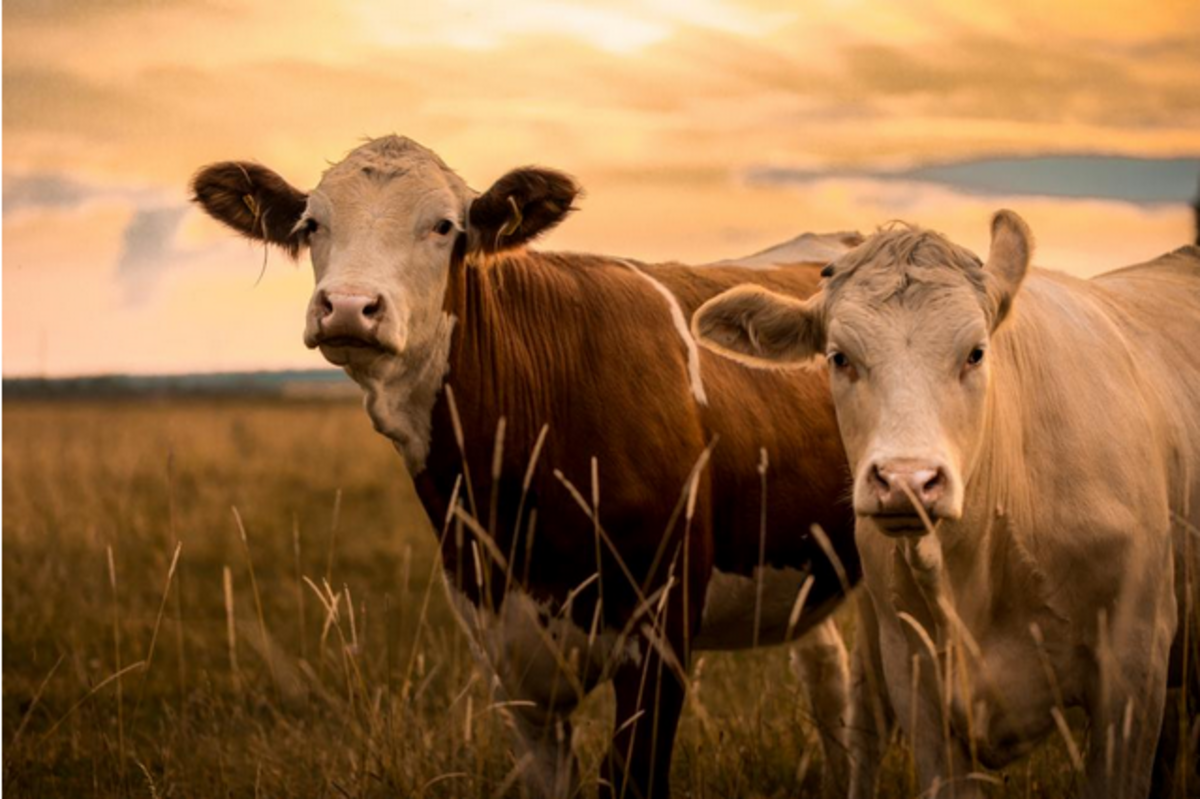
New trade agreements to result in positive cumulative impact on EU agri-food trade balance
Ten upcoming free trade agreements (FTAs) will diversify trade sources, thus improve the resilience of EU food supply chains, according to a new JRC study.
read more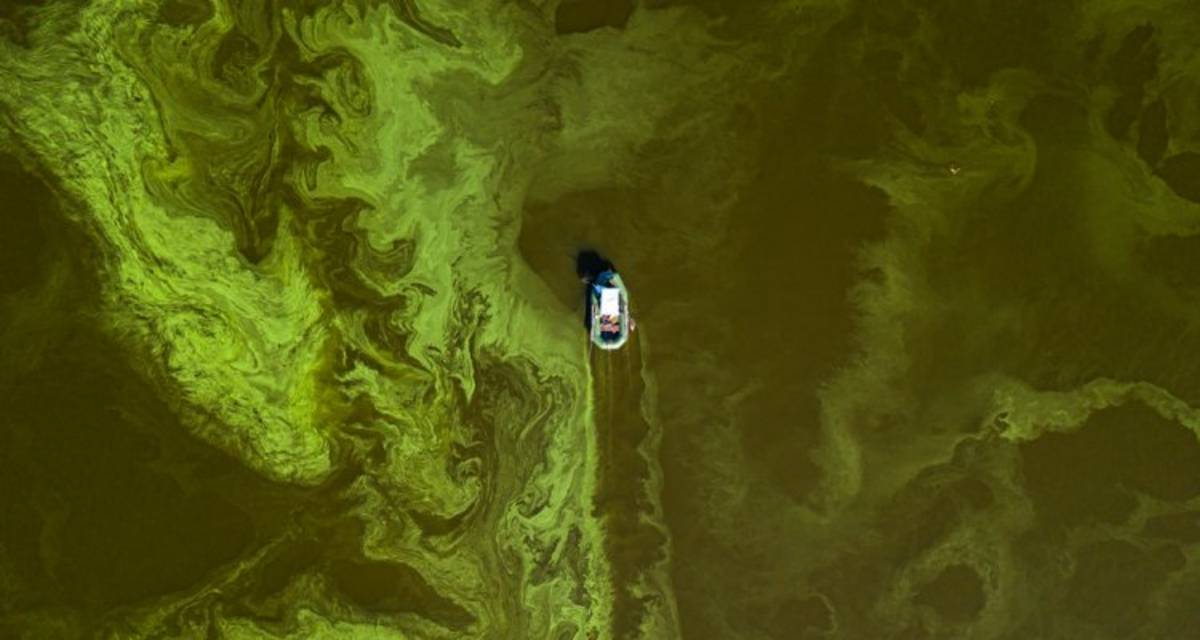
Too much ‘seasoning’ in our rivers: More water scarcity due to future pollution
Many people across the world face water scarcity. Not only because of changing availability of water, but also because of pollution.
read more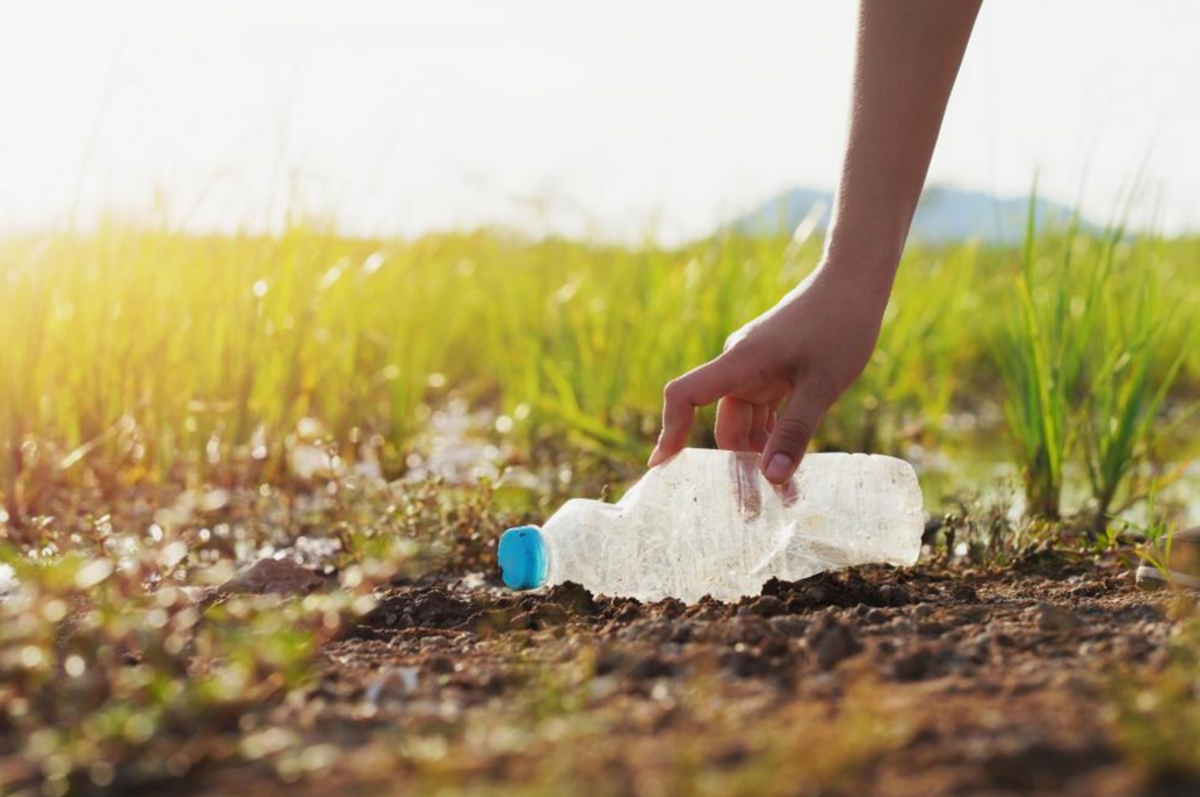
Less than one-fifth of EU plastic was recycled in 2019, but 2025 targets can be still reached
Combined actions such as reduced waste export and increased separate waste collection could more than double the amount of recycled plastic in the EU
read more